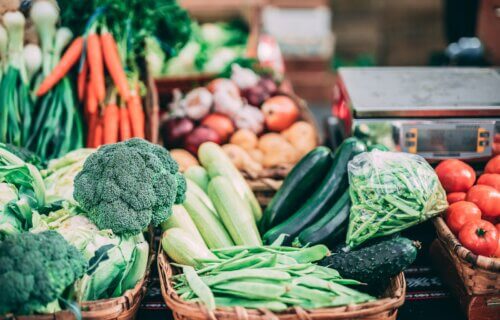The moment you introduce nutrient-packed vegetables onto your plate, you can practically feel your body doing a happy dance. It’s like a little nutritional celebration happening inside you. The most nutritious vegetables are a powerhouse of vitamins, minerals, and antioxidants that your body craves. Your cells begin singing “hallelujah” as they soak up all the goodness.
And let’s not forget the physical sensation of biting into a crisp, fresh veggie. The crunch is oddly satisfying, and it’s nature’s way of reminding you that eating healthily can be downright delicious. As you make veggies a regular part of your diet, you’ll notice a spring in your step that wasn’t there before. Your energy levels skyrocket, and suddenly, that morning workout or tackling a day’s worth of tasks feels like a piece of (gluten-free, whole-grain) cake. Your body is fueled with the good stuff, and it’s ready to take on the world with vigor and enthusiasm.
The most nutritious vegetables are those packed with a variety of essential vitamins, minerals, and antioxidants. Leafy greens like kale and spinach are nutritional powerhouses, offering an abundance of vitamins A, C, and K, along with minerals like iron and calcium. Cruciferous vegetables such as broccoli and Brussels sprouts are rich in fiber, vitamin C, and cancer-fighting compounds, while sweet potatoes provide a hearty dose of beta-carotene, fiber, and vitamin B6. Including a diverse range of these vegetables in your diet can contribute to overall health and well-being.
But here’s the best part: StudyFinds wants you to feel your best so we have studied all of the expert recommendations for the most nutritious vegetables and we are happy to share them with you. So, go ahead and load up your plate with these vibrant, health-boosting veggies. Your body will thank you, and you’ll feel positively invincible. What is your favorite veggie? Let us know in the comments below!
The List: Most Nutritious Vegetables, According to Health Experts
1. Spinach
How much do you love your leafy greens? If you aren’t seeing green leaves like spinach on most of your meals, you are missing out on the number one source of nutrients from vegetables, according to Health Shots. “Remember the popular cartoon character Popeye, who ate spinach and quickly gained physical strength? Well, you won’t get superhuman qualities like him, but spinach is very nutritious and good for you…It is rich in vitamins A, C and K, which aid in vision, immune function and blood clotting, says the expert. It’s also a good source of folate, which is essential for cell division and prevents neural tube defects during pregnancy. Spinach also contains iron for improved blood circulation, potassium for electrolyte balance and heart health, and digestive enzymes to aid digestion and a feeling of fullness.”
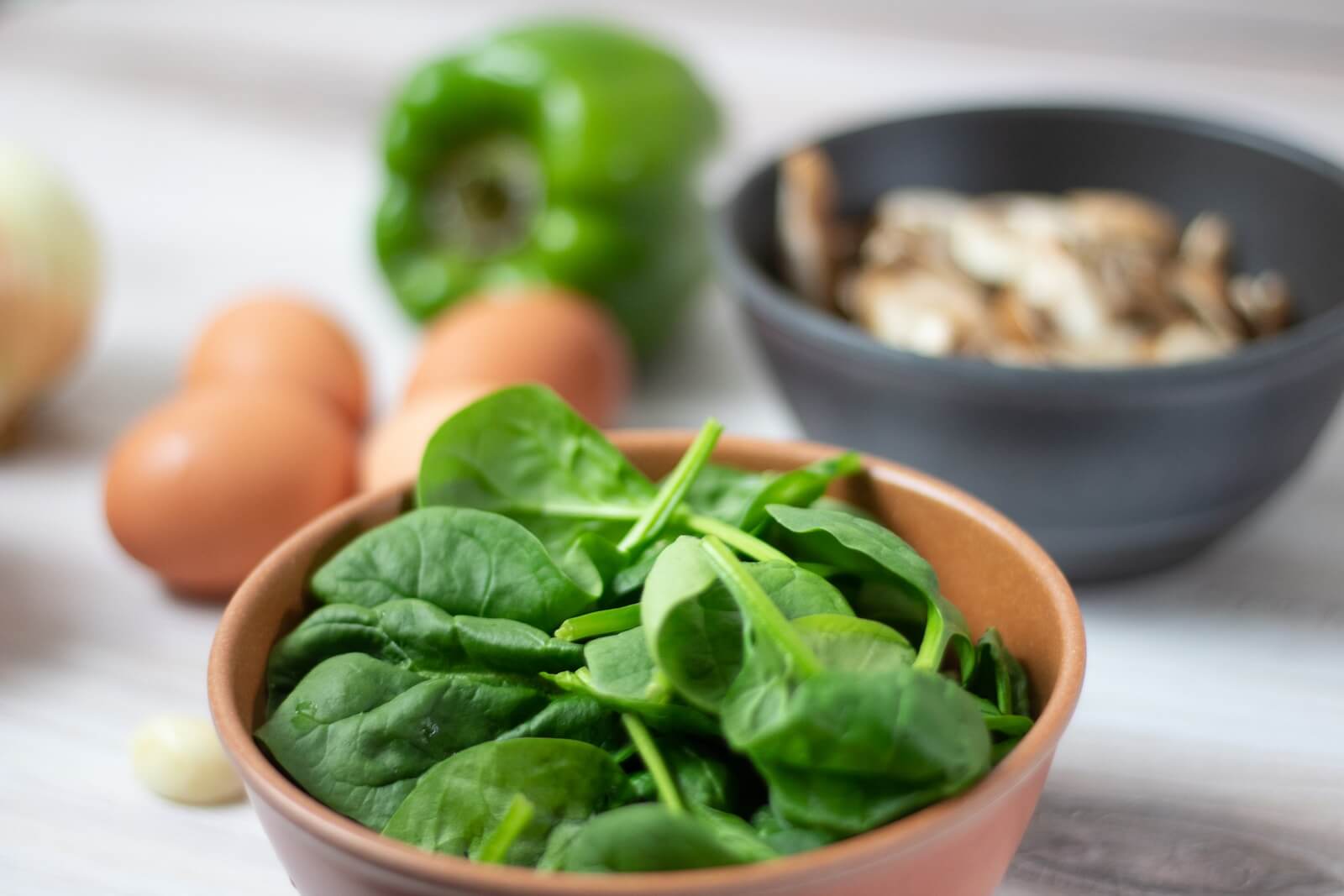
Besides being high in vitamins, spinach is also a great tool for weight loss. “Spinach contains many of the same health benefits as broccoli and kale. But it is also rich in phytochemicals. These cause the body to release hormones that make you feel full, which can be helpful for people who want to lose weight,” shares Good RX.
Medical News Today has excellent advice for how to enjoy spinach, “People enjoy spinach raw in salads, sandwiches, and smoothies. Cooked spinach also has significant health benefits and is a great addition to pasta dishes and soups.”
2. Broccoli
Broccoli is also one of the most nutritious veggies. “Research supports that intake of cruciferous vegetables is protective, with one study showing that a drink made with broccoli sprouts activated enzymes in the body that picked up pollutants from the bloodstream and flushed them out via urine,” explains Mind, Body, Green.
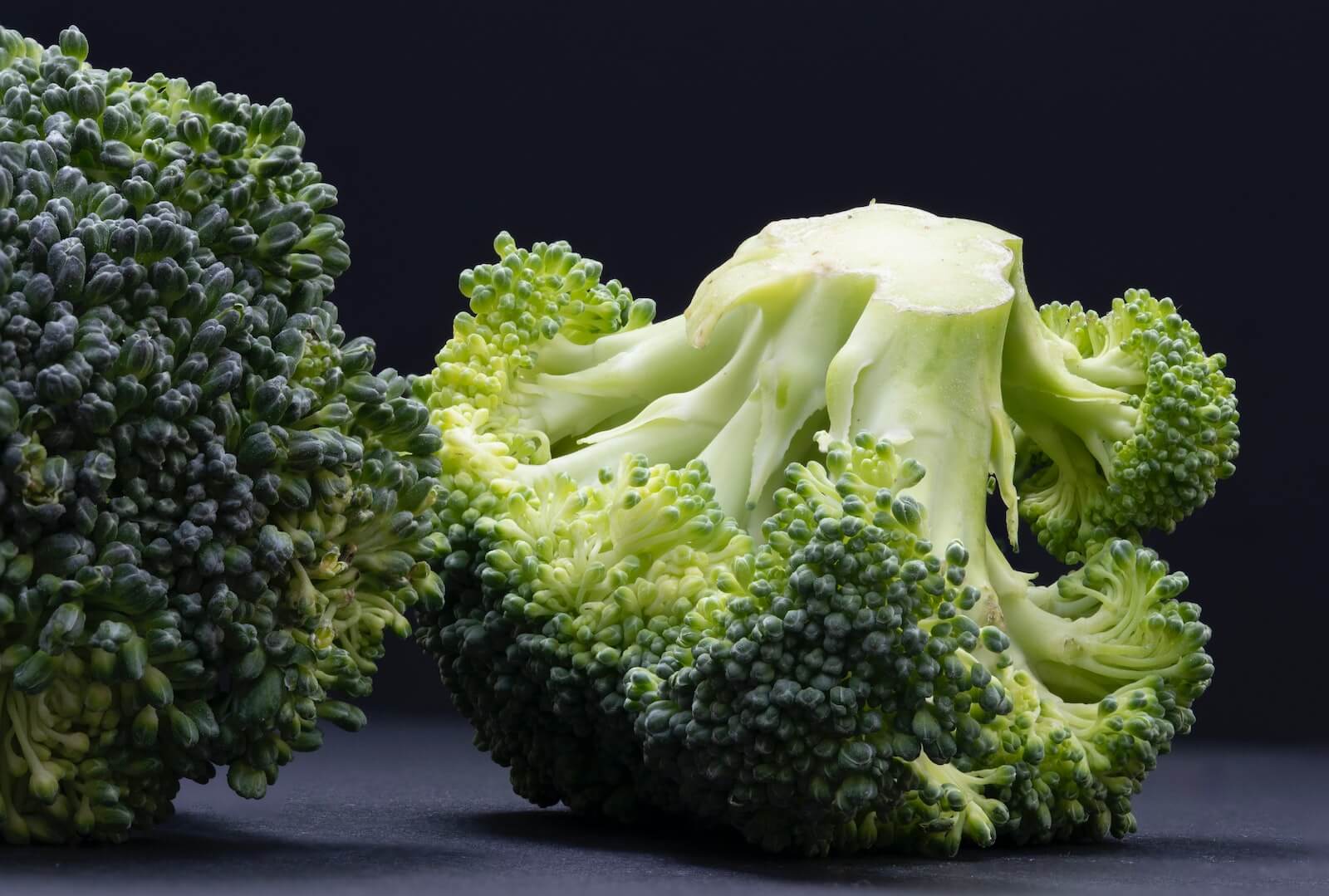
With more than 600,000 cancer related deaths, simply adding this leafy green to your diet could be a life saver. “Broccoli is one of the healthiest greens you can eat! Broccoli contains a compound called sulforaphane, which has been known to be cancer-fighting,” shares Real Simple.
Broccoli fights cancer and ejects pollutants. What else could this superfood do to aid in a healthy body? “Brassicas, such as broccoli and cabbage, contain a plant compound called indole-3-carbinol (I3C). It acts as a plant oestrogen and may help balance hormones by regulating oestrogen levels,” writes BBC Good Food.
3. Kale
Even though kale looks like it’s just decoration for your meal, it packs quite the nutritional punch. “Like other leafy greens, kale is renowned for its nutrient density and antioxidant content,” shares Health Line. “Only 1 cup (21 grams) of raw kale is loaded with potassium, calcium, copper, and vitamins A, B, C, and K. In one small study, eating kale alongside a high carb meal was more effective at preventing blood sugar spikes than eating a high carb meal alone.”
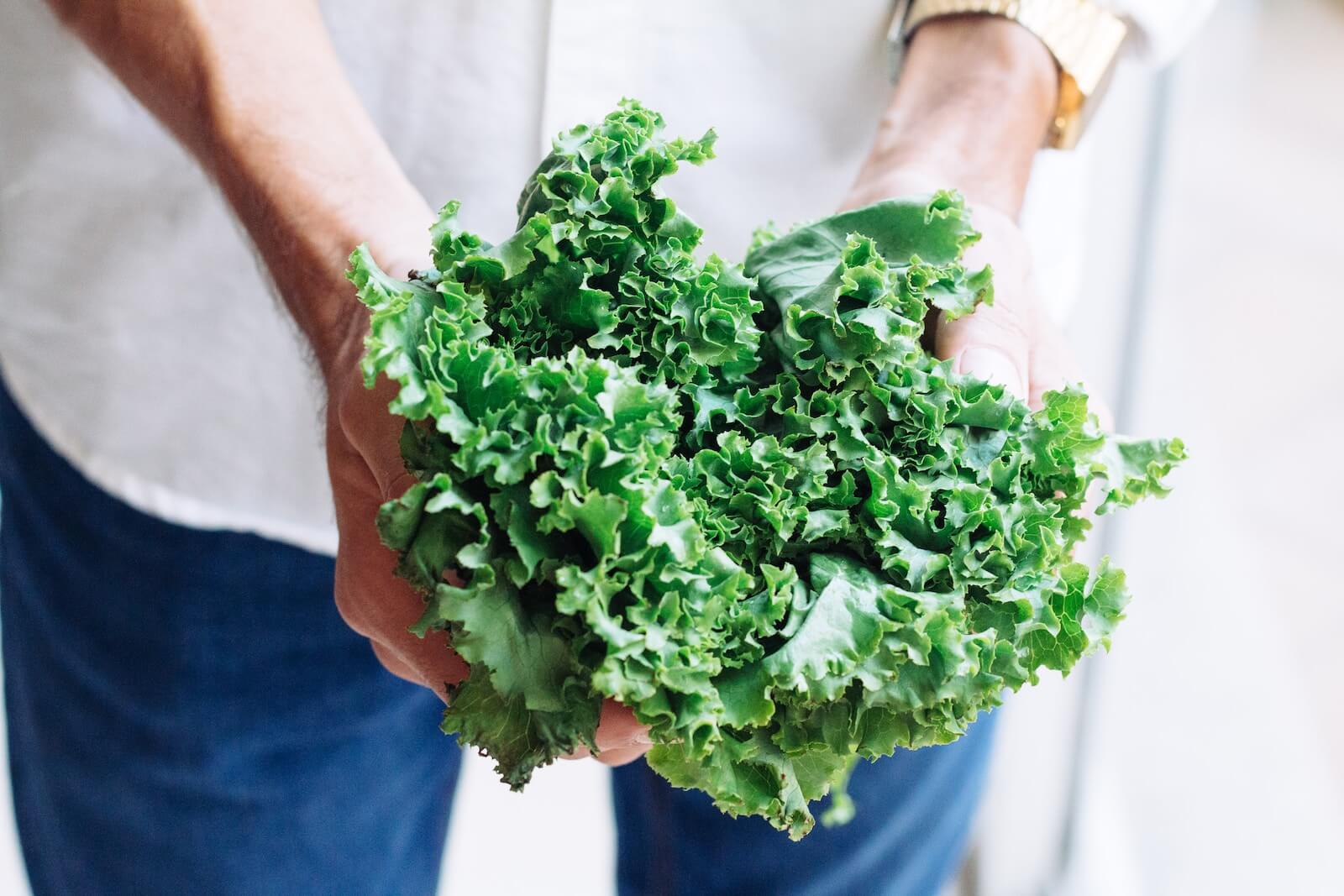
Looking for an alternative source of calcium? Good Housekeeping says, “Vitamin K is known for its blood-clotting effects and bone-building benefits, and half a cup of kale provides about 440% of the recommended daily value. A single serving of kale also supplies 10% of your daily value for calcium — a perfect non-dairy calcium source for vegans and vegetarians, individuals with a lactose intolerance or an allergy to dairy.”
In our desire to live happy, healthy lives by contributing to our body’s upkeep, kale may act as a health aid. “Kale may benefit people with high cholesterol,” reports Medical News Today. “One small 2008 study reports that males with high cholesterol who drank 150 milliliters of kale juice each day for 12 weeks experienced a 10% reduction in low-density lipoprotein, or ‘bad,’ cholesterol and a 27% increase in high-density lipoprotein, or good, cholesterol.”
4. Brussels Sprouts
Eating healthy involves consuming a variety of nutritious foods to nourish your body and Brussels sprouts make the list. “Brussels sprouts, along with other cruciferous vegetables like kale, cabbage and broccoli, contain glucosinolates. These plant compounds are associated with reductions in inflammation, which may have health benefits,” writes Eating Well.
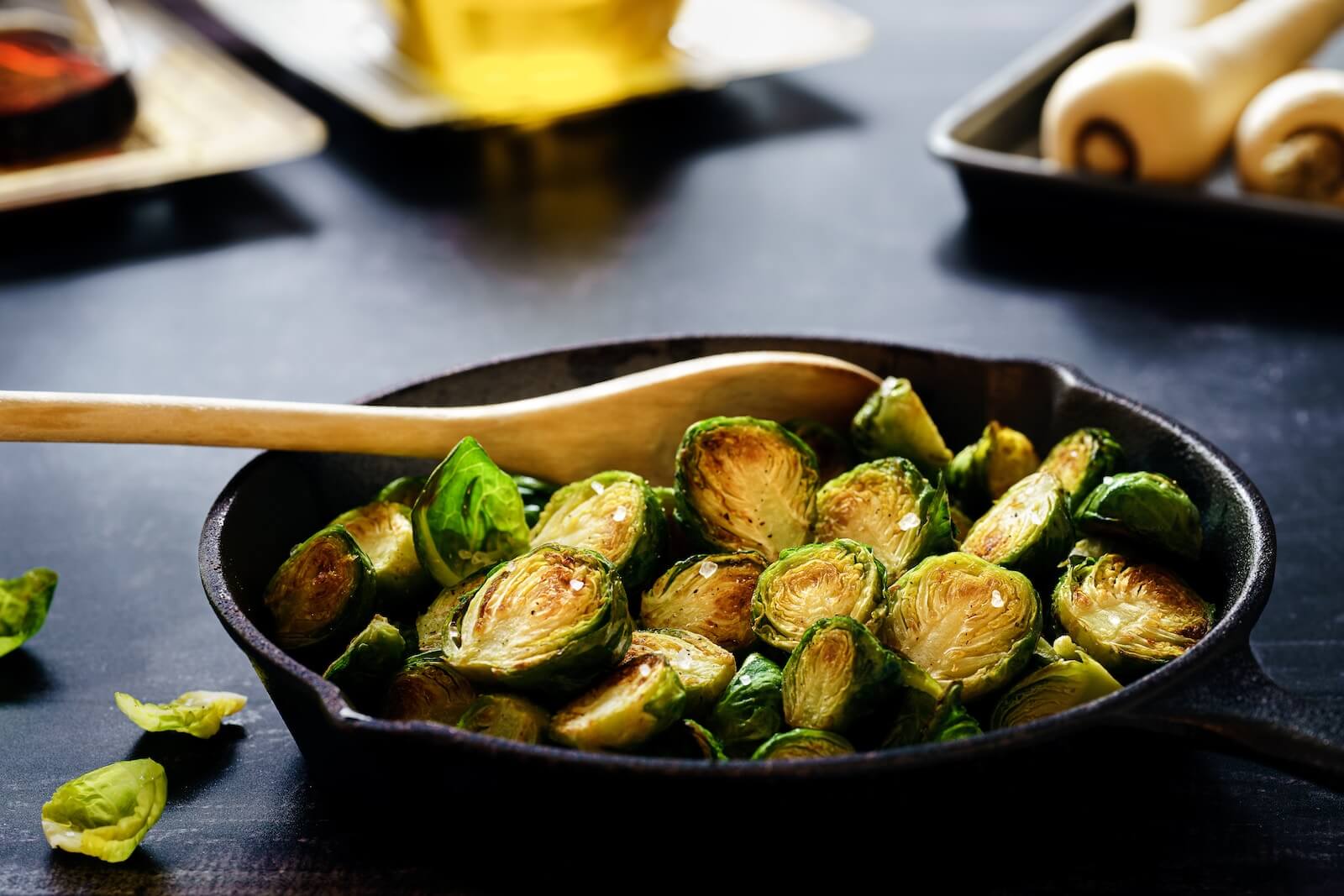
A balanced diet rich in fruits, vegetables, and whole grains supports overall well-being and Brussels sprouts provides an advantage that complement all of these foods. “They provide dietary fiber for food, as well as minerals such as folate and manganese, which support bodily functions including metabolism and bone health,” shares Health Shots.
“Brussels sprouts are another cruciferous vegetable, and they offer many of the same benefits as broccoli, plus they contain the antioxidant kaempferol1, which has been shown to help counteract cell damage…It’s also an approachable ‘gateway’ vegetable for skeptics when it’s roasted until crispy,” shares Mind, Body, Green.
5. Carrots
Carrots stand out as the only nutritious superfood on our list that is not a leafy green. “Famed for improving night vision, carrots are a source of lutein and zeaxanthin, which protect the retina from UV light and may reduce the risk of cataracts. Carrots are loaded with beta-carotene, which our body converts to vitamin A for a robust immune system, healthy vision and skin,” writes BBC Good Food. “Interestingly, when we cook carrots by roasting, baking, griddling or microwaving we can improve, or at the very least maintain, their carotenoid content.”
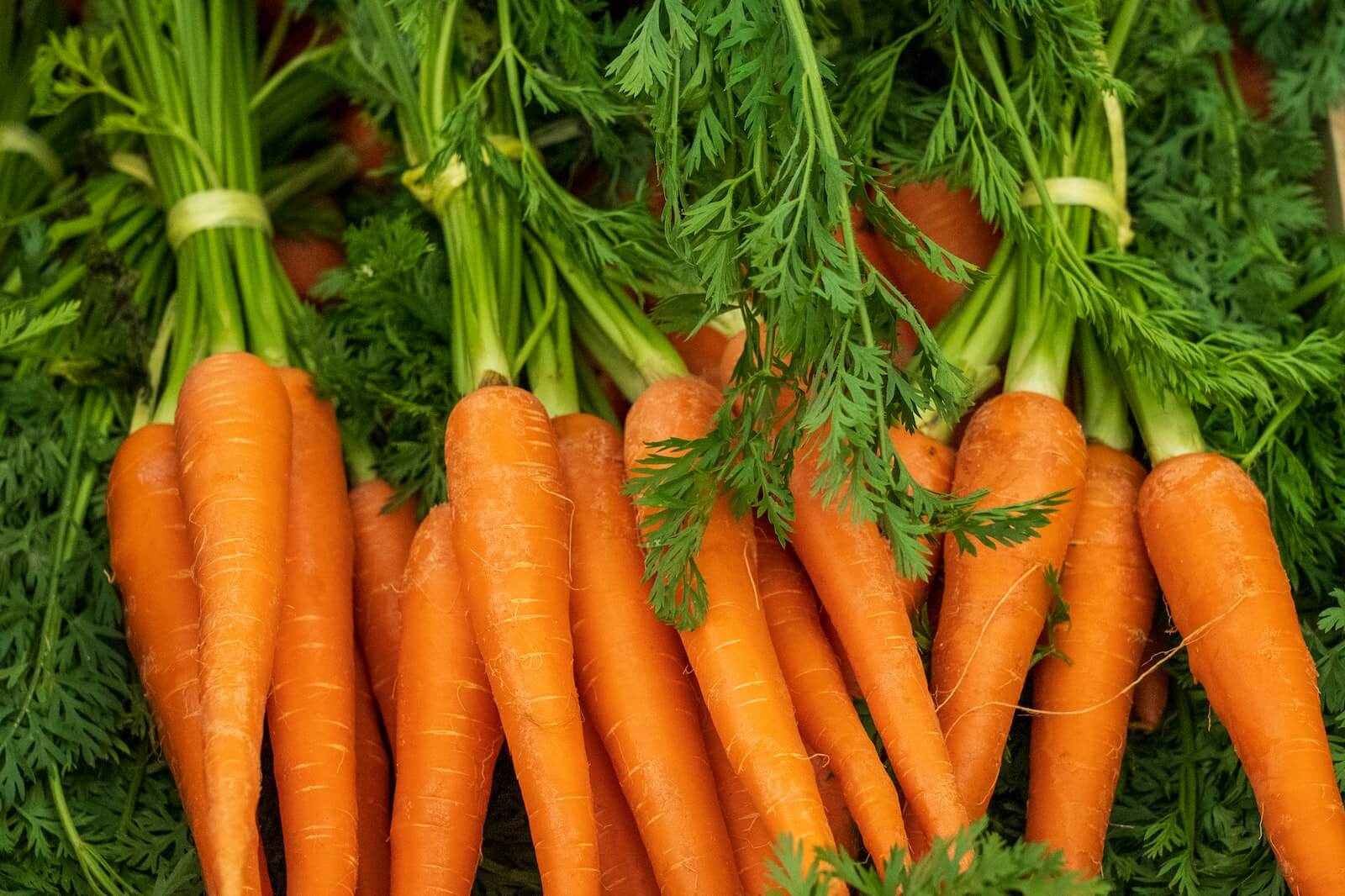
You want improved eyesight? One answer: carrots. “Famed for improving night vision, carrots are a source of lutein and zeaxanthin, which protect the retina from UV light and may reduce the risk of cataracts,” shares Medical News Today.
Overall fitness is a benefit of eating carrots, yet disease fighting is a main benefit. “One study in more than 57,000 people associated eating at least 2–4 carrots per week with a 17% lower risk of colorectal cancer in the long run,” writes Health Line.
Which health benefit are you looking forward to from these nutritious vegetables? Leave a comment to let us know.
You might also be interested in:
- Easiest Vegetables to Grow
- Most Nutritious Berries
- Best Healthy Lunch Snacks for Kids
- Healthiest Fish
Sources:
- Eating Well
- Good RX
- Real Simple
- Good Housekeeping
- BBC Good Food
- Health Line
- Medical News Today
- Mind, Body, Green
- Health Shots
- Scite Daily
Note: This article was not paid for nor sponsored. StudyFinds is not connected to nor partnered with any of the brands mentioned and receives no compensation for its recommendations.
